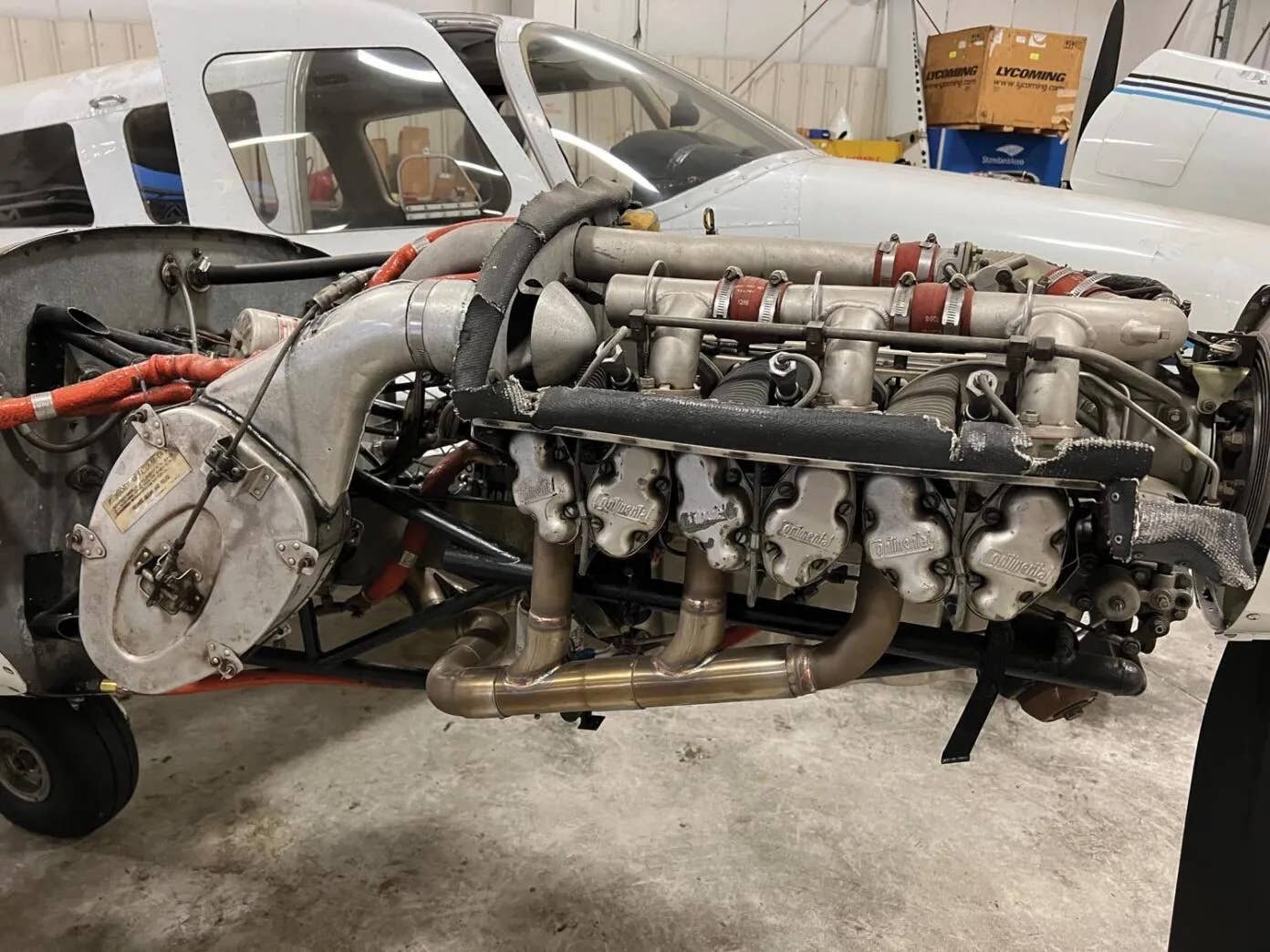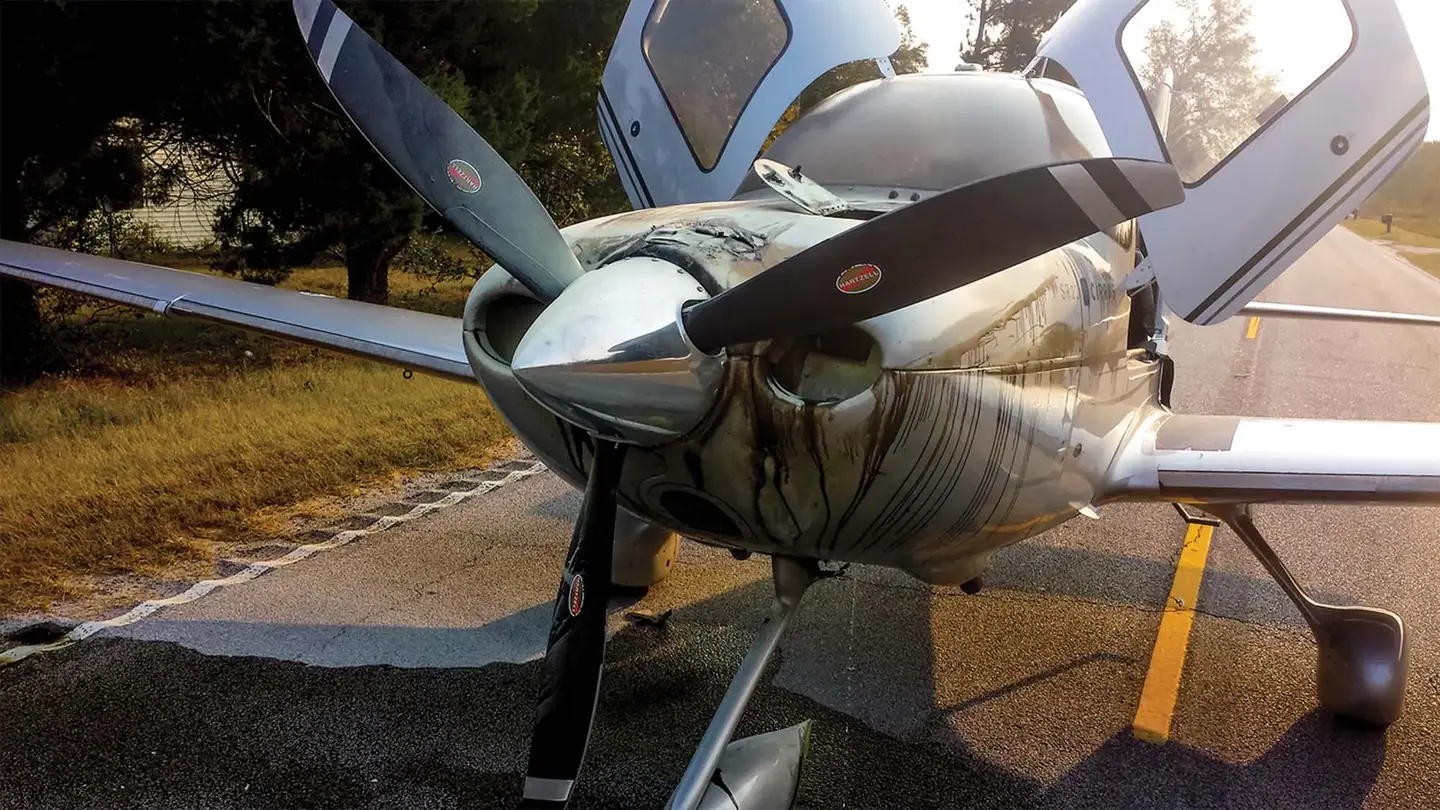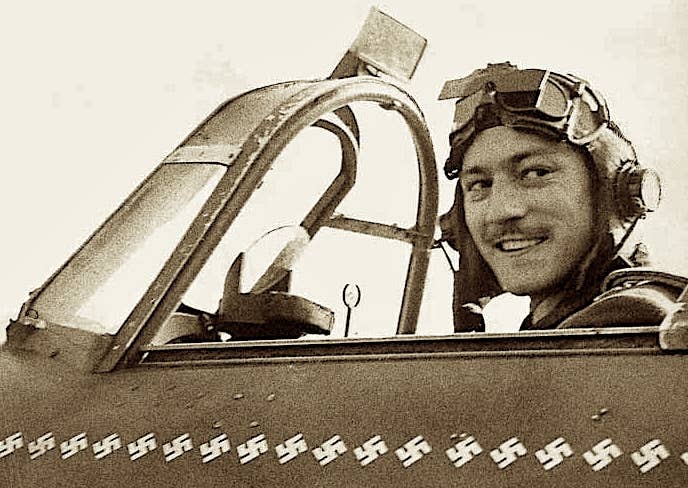AVmail: March 14, 2011
Letter of the Week: Better Testing Applauded Regarding the story about changes to FAA test questions, I recently took a practice knowledge exam for the CFI as an initial study guide, without doing any preparatory study. I passed in the mid-80s. As a professional educator, I would posit that if the FAA knowledge exams are legitimate testing tools, then any current, certificated pilot who has passed a thorough BFR within the past year should be able to achieve a passing score on the knowledge exam appropriate to that pilot’s rating. After all, we use this material every time we fly, either explicitly or implicitly. To the extent that a current, active pilot population misses a certain bank of questions, those questions are simply not legitimate tests of the knowledge pertinent to being a skilled pilot. I’m sure we all have our favorite candidate questions in this category, like those about the obsolete analog instruments you’ve never flown behind or the E6B calculations rendered obsolete by calculators and GPS. Those are the questions that applicants usually memorize by rote, for the simple reason that they are not relevant to modern flight regimes. I would further posit that the test bank questions that resulted in increased failure rates were specifically those irrelevant questions that were passed simply by memorization. I applaud the FAA for attempting to modernize the knowledge test. If indeed the current questions are more relevant to the way we actually execute our flights in the 21st century, it will be a very good thing. Ideally, the revisions will now emphasize questions that demonstrate a fundamental understanding of basic principles, and thus there will be no further need for memorization of arcane information and cram courses that “teach the test.” Karin Roland Click through to read the rest of this week’s letters.

Letter of the Week: Better Testing Applauded
Regarding the story about changes to FAA test questions, I recently took a practice knowledge exam for the CFI as an initial study guide, without doing any preparatory study. I passed in the mid-80s.
As a professional educator, I would posit that if the FAA knowledge exams are legitimate testing tools, then any current, certificated pilot who has passed a thorough BFR within the past year should be able to achieve a passing score on the knowledge exam appropriate to that pilot's rating. After all, we use this material every time we fly, either explicitly or implicitly. To the extent that a current, active pilot population misses a certain bank of questions, those questions are simply not legitimate tests of the knowledge pertinent to being a skilled pilot.
I'm sure we all have our favorite candidate questions in this category, like those about the obsolete analog instruments you've never flown behind or the E6B calculations rendered obsolete by calculators and GPS. Those are the questions that applicants usually memorize by rote, for the simple reason that they are not relevant to modern flight regimes.
I would further posit that the test bank questions that resulted in increased failure rates were specifically those irrelevant questions that were passed simply by memorization.
I applaud the FAA for attempting to modernize the knowledge test. If indeed the current questions are more relevant to the way we actually execute our flights in the 21st century, it will be a very good thing. Ideally, the revisions will now emphasize questions that demonstrate a fundamental understanding of basic principles, and thus there will be no further need for memorization of arcane information and cram courses that "teach the test."
Karin Roland
Know the Subject, Not the Questions
The article about pilots failing exams simply proves that training schools were teaching people to pass exams, not to know the subject.
I did a PT6 course where we were taught to pass, not to understand. We had so many problems, Pratt and Whitney sent the field service rep to teach us how to look after the engine.
I say upgrade the training, don't simply teach the exam. The tougher the training, the better the product. The candidates' knowledge should be such as to allow them to "fly" through any exam.
Arnold Long
Test Surprise
I did find the wording and context of information asked about on the questions on the test to be quite different than the Gleim material I was studying. Twice I had to calm myself down and really concentrate hard on what they were asking, because the context of the question was unusual. I bet my IFR test on Feb. 23rd had some changes to it, too.
Mark Alan Stotesbery
Instructors Should Know Better
The test that they are complaining about is for instructors. If they are failing, then they do not know all the information, which they should know so that they can instruct new pilots.
The system is flawed if the instructors fail their test when a different set of questions is used. What I see is that they are learning the exam, not all [the] content. Do you want instructors who can pass the same old test, or do you want an instructor who can answer all of the questions?
Michael Hope
Hit the Books, Pilots
Why all the brouhaha about the FAA changing test questions? This means only that applicants will have to demonstrate a knowledge of the material being tested, not just memorize all questions and answers.
There is no requirement for the FAA to release the test banks. I took all my writtens before the test questions were public and scored in the high 90s on all but one.
The FAA gathers statistics that show that students are obtaining 100% on knowledge tests in little more than 15 minutes. That's obviously memorization of answers and not a show on knowledge. If instructors take the time to ensure their students know the knowledge required in 14CFR Part 61, there should be no trouble getting the correct answers on the test.
The privilege of obtaining a pilot certificate and being able to pilot an aircraft just about anywhere in this country, carrying passengers without permission, should not be based in part on a test that is not valid because the answers are freely available.
If you want to play in the club, you have to pay the dues. Study. It does wonders for your test scores and general knowledge.
Linda D. Pendleton
Going It Alone
Yes to Joe Bradock [of SouthEast Aerospace] for going it alone. I went into aircraft sales about 30 years ago as a one-man army and could not even get a bank to look at me. I put up my house and got a home equity loan and sold planes until 2010. Never had a hand-out or any help from the government. It was great to know I did it without them.
I like people that work for success. I'm sick of seeing U.S. aviation being sold to foreign countries. We will all pay for that down the road.
Don MacGregor
Stupid Laser Law
I think making laser pointing at aircraft a federal felony is ridiculous. Is pointing a laser now a more heinous crime than murder?
How many aircraft have crashed due to laser pointing? How many pilots or passengers have been maimed or injured? It seems the feds are being heavy-handed over nothing.
Assuming a laser is attached to a rifle is absurd. Lasers are more likely attached to a key ring or pen. A shooter would use quality optics to aim a rifle, not a cheap laser. If someone wanted to shoot an airplane down, I doubt a stupid law like this would prevent them. And that is what this is: Stupid people writing stupid laws.
Jim Dunn
FCC Blows It Again
One has to wonder what is going on at the FCC. From prohibition of 121.5 MHz ELTs to allocating a frequency band that jeopardizes NextGen, there seems to be a serious lack of aviation knowledge and understanding by those who are making such decisions.
Gord Hippern
Cirrus Deal
Regarding the sale of Cirrus: Unless China moves Cirrus lock, stock and barrel to China, the plane will be predominantly a U.S.-made plane. Unless the plane engineering is taken over by Chinese engineers, the plane will still be predominantly a U.S.-made plane.
If production, design and engineering policies become Chinese functions as a result of the Chinese purchase of Cirrus, then the plane might be considered part Chinese, part American - and that pretty much goes for any plane coming out of or purchased by any other country. It's going to be a percentage thing, based on who does what in achieving the final product.
Sure wish it was 100 percent U.S., however.
Ray Mansfield
Boeing won a major case against Airbus charging unfair competition because of French government subsidies of Airbus. What's the difference for other U.S. aircraft manufacturers when state-owned Chinese corporations buy U.S. companies?
The U.S. should insist that China convert to fully privately capitalized corporations to allow private corporations to exist in China before approving the sale of U.S corporations.
George Horn
This is a catastrophe of the first order. Wal-Mart has already mandated the end of U.S. manufacturing of almost everything else. Aerospace has been the one area where the U.S. has remained competitive. Now, with Cirrus and Continental disappearing to China, the end of American manufacturing is complete. Our fat, complacent, "entitled" population no longer produces anything. In 50 years, we will be Belgium, home only to bureaucrats and beancounters. Maybe we'll even speak Flemish.
Steve Leonard
I think the purchase of Continental and Cirrus by AVIC is great news for GA pilots.
Imagine being told that a large entity had come to realize the value of general aviation. Most pilots would say this is a good thing. Then you find out this large entity has deep financial pockets and a long-term outlook on development and is not looking for quick quarterly profits. You might think things are looking even better. Then you find out they are investing in great GA companies located in the U.S. that are otherwise unable to find financing. What a great day for general aviation.
It is only when people find out AVIC is owned by China that their political beliefs start to take over and they criticize the deal.
Ryan Turner
The lack of available investment capital to a company like Cirrus is a telling sign that businesses producing products for GA are in for a rough ride no matter what the vision of the future is. I believe it is a very telling sign that the 19-year product liability, the lack of progress on engine systems such as electronic ignition and more modern engine design, is a crippling noose around the GA Industry.
I'm looking at a turbine just to get away from the unreliable engine systems, yet I'm scared of a catastrophic failure of a turbine engine that involves the price of a good used aircraft just to repair the engine!
I fly 300 hours per year and plan on engine work every second year, even though I know how to handle the temps properly! That's not a very appealing scenario for an investment of over $300,000 in an engine/airframe combination that has been around for 25-plus years.
Don Shapansky
Where's Amelia?
Regarding the latest on the hunt for Amelia Earhart: I have a silly question that has been "floating" around in my mind. Isn't it possible that the plane floated on empty wing tanks, air trapped in the fuselage, etc., for days or even weeks? What were the ocean currents at the time?
It never ceases to amaze me when they find some poor sap standing on the bottom of his sailboat. He's sunburned, hungry and dying of thirst - and been out there for days.
Who's to say that Amelia's plane didn't just float around for a long time, like 40 years, and then ended up on the reef. For all we know, it might have been a beautiful water landing due to fuel exhaustion, and the crash didn't happen until it hit the reef!
Peter James






